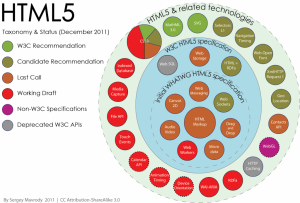Gone are the days when verified accounts were meant only for
Twitter. Facebook, the largest social networking site today has joined the bandwagon
by making sure the high profiles, celebrities, and big brands have verified
accounts. This step is sure to help several users to find authentic accounts of
the people they want to stay connected with.
It is similar to Twitter, and you can easily spot out a verified account by seeing a blue check mark symbol, right beside the name of the page or profile. This symbol appears on the timeline; search results, news feed, and other sections on Facebook. So far, verified pages belong only to a small group of well-known public figures, such as pop idols, journalists, government officials, popular brands and businesses. In short, the ones that have large audiences, and this update is sure to roll out to other profiles as well, but not for the common users.
It is similar to Twitter, and you can easily spot out a verified account by seeing a blue check mark symbol, right beside the name of the page or profile. This symbol appears on the timeline; search results, news feed, and other sections on Facebook. So far, verified pages belong only to a small group of well-known public figures, such as pop idols, journalists, government officials, popular brands and businesses. In short, the ones that have large audiences, and this update is sure to roll out to other profiles as well, but not for the common users.
Facebook will proactively authenticate the pages and profiles,
however, users too can report fake accounts. This may have come after a
micro-blogging site inadvertently verified a fake account for Rupert Murdoch's
wife Wendi back in Jan. 2012. What’s more, Facebook has not really explained
what the verification process involves. As such there is no application page,
or even a list that is available for accounts that would like to be considered
for verification.








